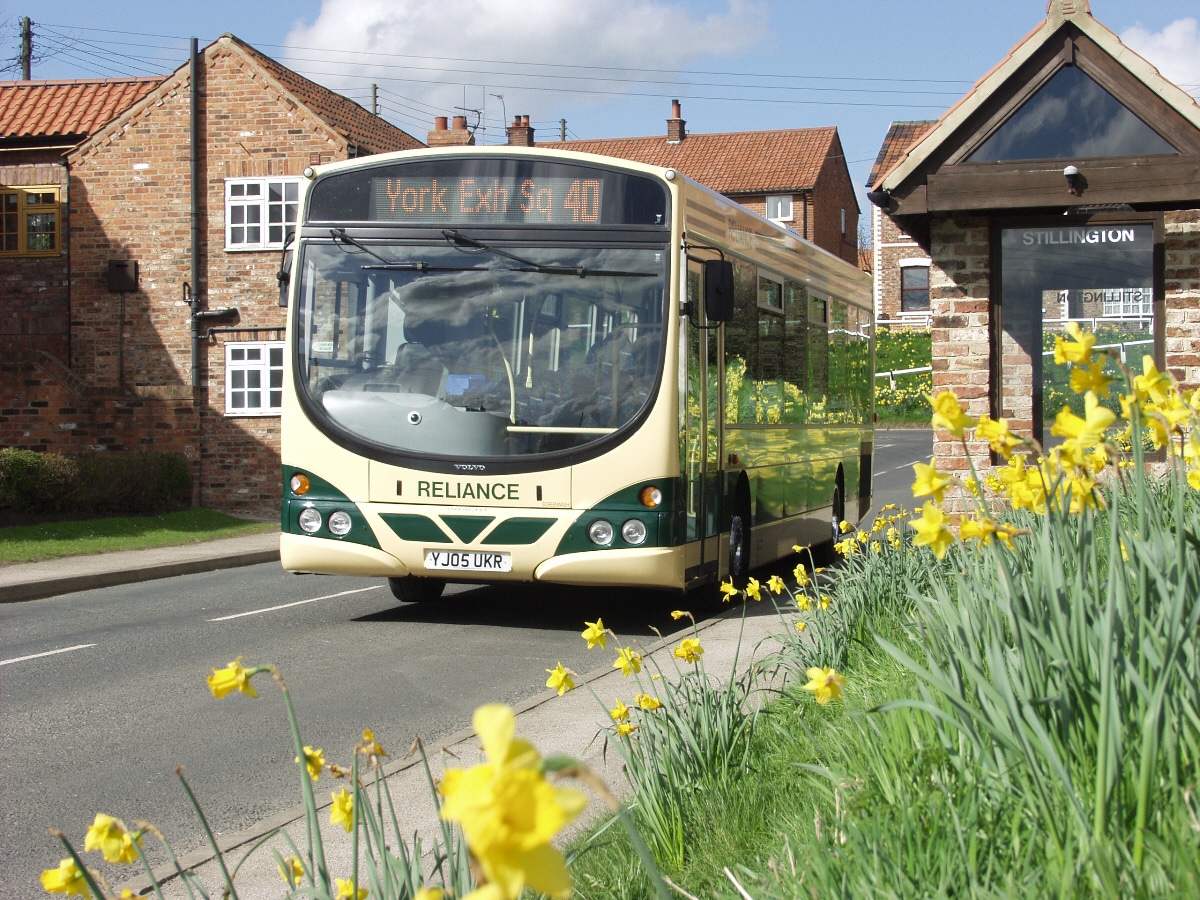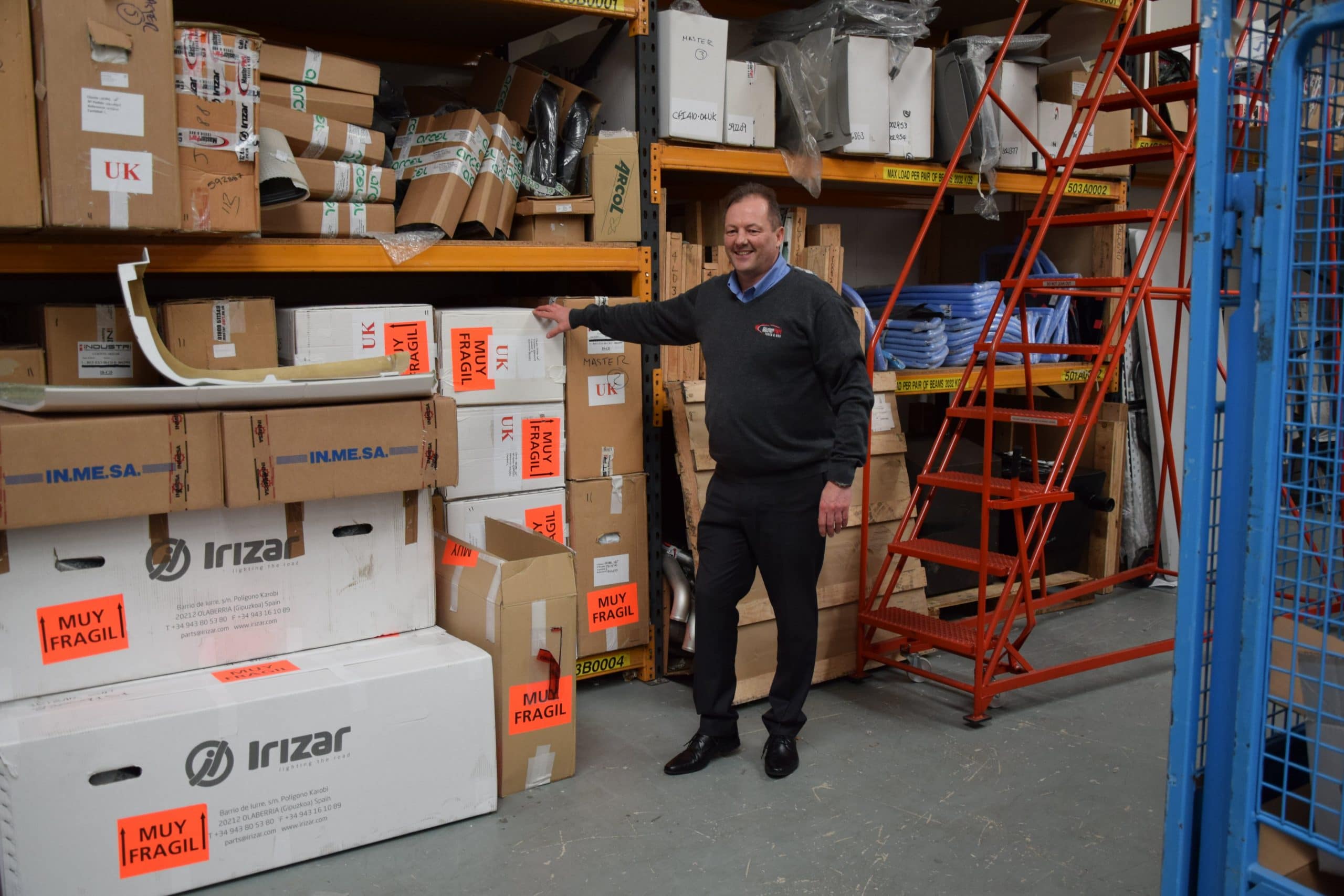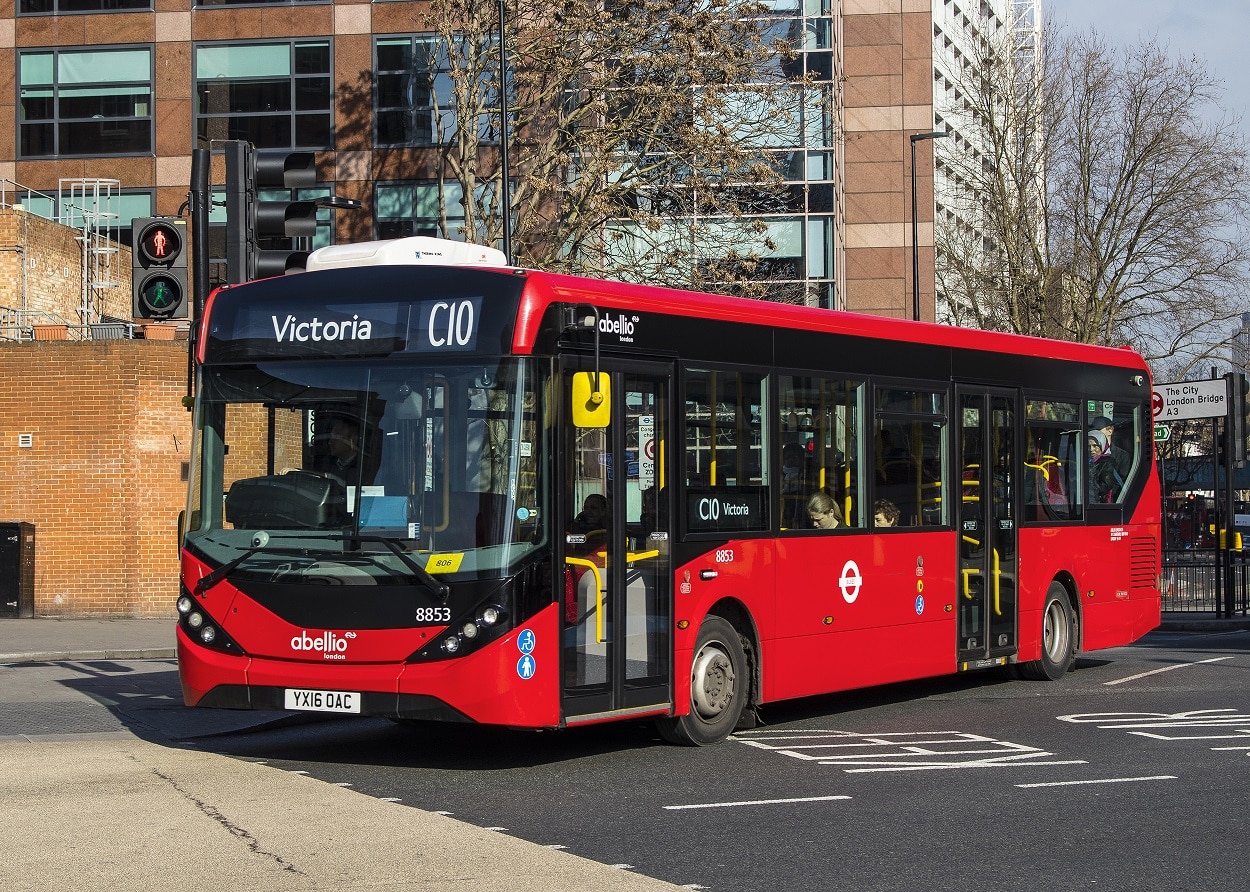The Department for Transport (DfT) has written to operators in England that receive commercial BSOG outlining how the COVID-19 Bus Services Support Grant (CBSSG) will be paid and what is required in return to qualify for it.
COVID-19 Bus Services Suport Grant will be effective in relation to costs from 17 March and it will run for three four-week periods. It has been initially set at 100.51p per kilometre for the first of those periods.
For services in Greater Manchester, CBSSG will be paid to Transport for Greater Manchester (TfGM). It will then administer payments to operators. Money will also go to other local authorities (LAs) based on supported service mileage, with a top-up for rural areas.
The total payable through the grant has been capped at £166.8m. Buses Minister Baroness Vere has said she is “confident” that sum will be enough. It was arrived at following consultation with operators and examination of their cost bases and revenues.
First CBSSG payment based on 2017/18 average
As already outlined when CBSSG was announced, it is an additional funding stream above BSOG, contract revenue and concessionary fare reimbursement.
Payments for the four weeks from 17 March will be based on an average of the operator’s four-weekly commercial BSOG live kilometres operated in 2017/18. DfT will then use an assumed service level of 50% during the period that the first payment will cover, and the initial pence per kilometre rate, to calculate the first sum to be transferred to the operator.
Subsequent periods will use actual live commercial kilometres operated in the previous four weeks as a basis, meaning that from then onwards CBSSG calculations will not involve a service level percentage. A decrease in kilometres operated will thus lead to a drop in the CBSSG payment.
Operators that did not claim commercial BSOG in 2017/18, but have done since, are eligible for CBSSG. DfT will work with them to determine suitable data to use for calculating the first four-week payment.
The pence per kilometre rate will be adjusted for subsequent four-week payments by comparing actual patronage during that period to average patronage before the coronavirus COVID-19 pandemic.
Any changes to that ratio will have an inverse effect on the CBSSG rate – i.e. an increase in the patronage ratio will have a downward effect on CBSSG.
The first payment assumes patronage and fare revenue at 5% of pre-pandemic levels. No adjustments will allow overall CBSSG payments to exceed the £166.8m envelope.
DfT says that in exceptional circumstances, an operator may request a review of its CBSSG payments. That will only be possible if they are at least 20% below what the operator believes is needed for it to make available the required level of capacity, and that they will likely lead it to financial distress.
Operators that have run bus services for “the majority” of the period between 17 March and 6 April can apply for CBSSG. To do so, an online declaration should be completed by 13 April. DfT says it aims to then make the initial payment within no more than eight working days of receipt.
Terms and conditions apply to CBSSG
Various terms and conditions apply to CBSSG. Operators claiming it must make available enough capacity to run 40-50% of scheduled commercial mileage for a typical non-school week for the duration of the scheme.
Money is still available when the service level falls outside that boundary, but it is subject to the operator concerned agreeing with an LA that such capacity is required. Where the figure is to exceed 50%, written agreement from DfT must be obtained.
Operators are required to provide a host of data to DfT in return for CBSSG payments. They may also be asked to demonstrate that LAs have been consulted and that regular service provision reviews have been carried out with relevant LAs.
For operators that claim more than £150,000 of CBSSG in the first four-week period, DfT will require monthly data on revenue, costs and the percentage of furloughed staff.
All operators receiving CBSSG will additionally be required to provide any reasonable information on an open book basis.
Operators may not increase commercial fares while receiving CBSSG, or during the month following the scheme’s conclusion. They must also accept ENCTS passes before 0930hrs and run services with their most environmentally friendly vehicles.
At the end of the COVID-19 Bus Services Support Grant scheme, or at any other time deemed by DfT, a reconciliation process will take place.
An operator may not derive an operational profit while in receipt of CBSSG. If it does, any such overpayment will be recovered through reductions in future BSOG. If an underpayment is identified, DfT will “endeavour to equitably reconcile any shortfall… from available funds at the end of the scheme.”





























